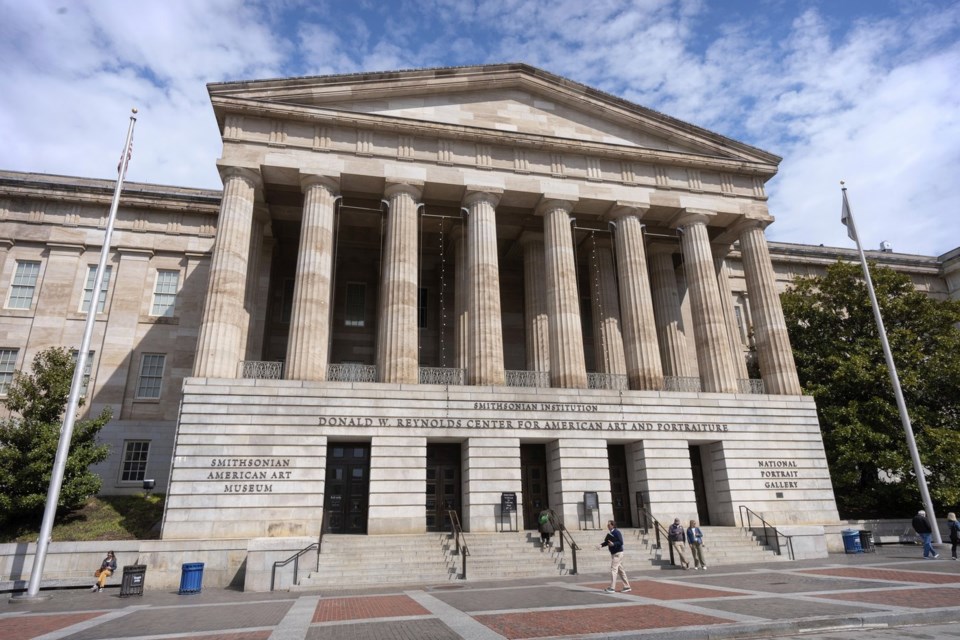NEW YORK (AP) — President Donald Trump’s proposed budget calls for the elimination of the National Endowment for the Arts, which provides hundreds of millions of dollars each year to individuals and institutions around the country.
Meanwhile, dozens of organizations have received notifications that grants have been rejected or rescinded, and an NEA official reported Monday that staff members have been asked to resign or retire.
The NEA is the latest target of Trump’s sweeping overhaul of federal cultural agencies as he seeks to eliminate what he calls “woke” influences. The president has fired top officials, cut funding and demanded new guidelines at the Kennedy Center, the Smithsonian Institution and the National Endowment for the Humanities.
The endowment did not immediately respond to requests for comment.
Michael Orlove, the NEA’s director of state, regional & local partnerships, posted on an endowment-affiliated newsletter that he had accepted the “deferred resignation program” and would be stepping down at the end of the month. “Given the current situation, it was the best option for me and my family,” he wrote.
Those being denied grants range from the Berkeley Repertory Company to a leading resource for literature in translation, Three Percent, based at the University of Rochester. Three Percent director Chad Post shared with The Associated Press a letter from the NEA, saying it would now “prioritize projects” ranging from historically Black colleges and universities (HBCUs) to Health and Human Services Secretary Robert F. Kennedy Jr.'s "Make America Healthy Again" initiative.
“The NEA will now prioritize projects that elevate the Nation’s HBCUs and Hispanic Serving Institutions, celebrate the 250th anniversary of American independence, foster AI competency, empower houses of worship to serve communities,” the email reads in part, “assist with disaster recovery, foster skilled trade jobs, make America healthy again, support the military and veterans, support Tribal communities, make the District of Columbia safe and beautiful, and support the economic development of Asian American communities.”
The NEH and NEA recently announced that they would be providing grants for Trump's proposed “National Garden of American Heroes,” which would feature sculptures of an eclectic range of public figures from Benjamin Franklin to Kobe Bryant.
The NEA and NEH were established in the mid-1960s, part of a wave of domestic initiatives during President Lyndon Johnson’s administration, and have become an essential part of the country's cultural infrastructure. At least two of Monday's Pulitzer Prize winners are former NEA honorees. Novelist Percival Everett, whose “James” won the Pulitzer for fiction, and poetry winner Marie Howe each have been awarded creative writing fellowships.
Republicans have targeted NEA in the past.
In the early 1980s, President Ronald Reagan proposed phasing it out, but backed off after an advisory panel he had assembled noted the financial benefits of NEA funding. A few years later, North Carolina Sen. Jesse Helms was among those angered by NEA grants to artists such as photographer Robert Mapplethorpe and performance artist Karen Finley and demanded the endowment be shut down. A bipartisan compromise saved the endowment.
During his first term, Trump also called for the NEA to be defunded, but the money was restored by Congress.
Hillel Italie, The Associated Press



